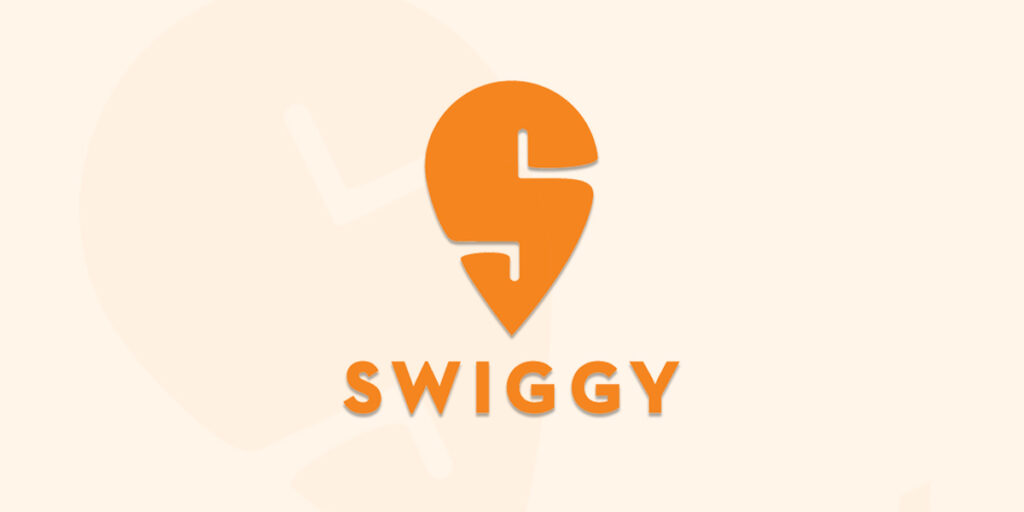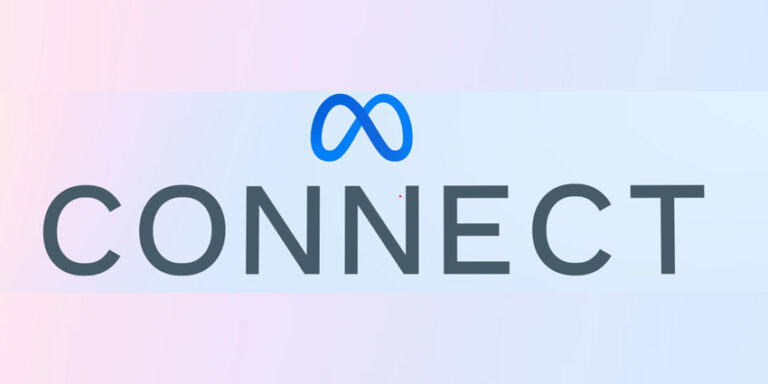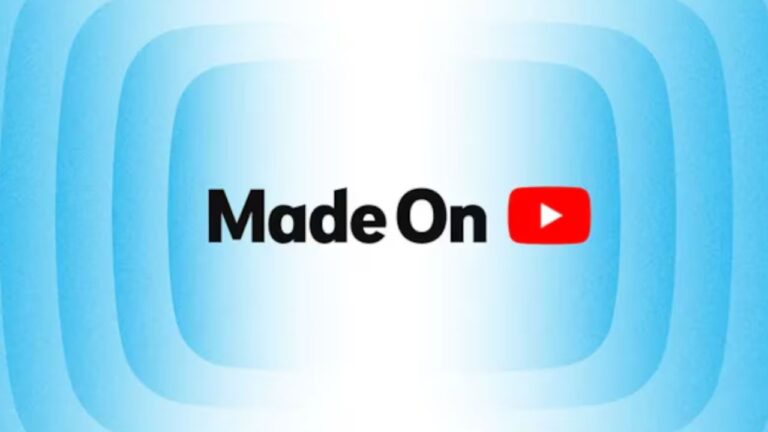
Swiggy, the popular online food delivery platform, has made a significant transition from being a private limited company to a public limited company. This change comes as the company gears up for its highly anticipated Initial Public Offering (IPO), aiming to raise a staggering $1 billion. Let’s delve into the details of this transition and what it means for Swiggy and its stakeholders.
Table of Contents
ToggleTransition to Public Limited Company
Previously known as Swiggy Private Limited, the company has officially changed its name to Swiggy Limited, marking its transition from a private to a public limited company. This transition has been formally documented with the Registrar of Companies, signaling a crucial step in Swiggy’s journey towards becoming a publicly traded entity.
Preparation for IPO
The decision to transition to a public limited company aligns with Swiggy’s strategic preparations for its upcoming IPO. An IPO, or Initial Public Offering, is the process through which a privately-held company offers shares to the public for the first time. This move allows Swiggy to raise significant capital from public investors, which can be used to fuel its growth initiatives, expand its operations, and invest in innovation.
Draft Red Herring Prospectus
As part of the IPO process, Swiggy plans to submit a draft red herring prospectus (DRHP) within the next few months. A red herring prospectus is a preliminary document filed with the regulatory authorities that provides key information about the company, its business operations, financial performance, and the proposed offering. This document serves as a crucial tool for potential investors to evaluate Swiggy’s business and make informed investment decisions.
Significance of the Transition
The transition from a private to a public limited company holds several implications for Swiggy and its stakeholders. By going public, Swiggy gains access to a broader pool of capital from public investors, which can facilitate its ambitious growth plans. Moreover, being a publicly traded company enhances Swiggy’s visibility and credibility in the market, potentially attracting more customers, partners, and talent.
Conclusion
Swiggy’s transition to a public limited company marks a significant milestone in its journey as a leading player in the online food delivery space. As it prepares for its $1 billion IPO, Swiggy is poised to capitalize on the opportunities presented by the public markets to fuel its expansion and continue its pursuit of innovation. This move not only signifies Swiggy’s confidence in its business model but also reflects its commitment to creating long-term value for its stakeholders.
FAQs
Swiggy transitioned to a public limited company in preparation for its upcoming Initial Public Offering (IPO), aiming to raise $1 billion. Going public allows Swiggy to access capital from public investors to fuel its growth plans.
Transitioning to a public limited company enhances Swiggy’s access to capital, visibility, and credibility in the market. It allows the company to attract more investors, customers, partners, and talent.
In a private limited company, shares are held privately by a small group of investors, whereas in a public limited company, shares are traded publicly on stock exchanges, allowing a broader group of investors to buy and sell them.
An IPO is the process through which a privately-held company offers shares to the public for the first time, allowing it to raise capital from public investors. Swiggy’s IPO aims to raise $1 billion by offering its shares to the public.
A draft red herring prospectus is a preliminary document filed by a company with regulatory authorities before an IPO. It provides key information about the company’s business, financial performance, and the proposed offering, helping potential investors make informed decisions.
Swiggy plans to submit its draft red herring prospectus within the next few months, as part of its preparation for the IPO.
Swiggy intends to use the funds raised from the IPO to fuel its growth initiatives, expand its operations, invest in innovation, and strengthen its market position in the online food delivery industry.
Swiggy’s transition to a public limited company is primarily a strategic move aimed at accessing capital for growth. It is unlikely to have a direct impact on the company’s services for customers.
Yes, individual investors can participate in Swiggy’s IPO by purchasing shares through their brokerage accounts once the offering becomes available to the public.
You can stay updated on Swiggy’s IPO and related developments by following news outlets, financial websites, and Swiggy’s official announcements. Additionally, you can monitor regulatory filings and updates from stock exchanges where Swiggy’s shares may be listed.




